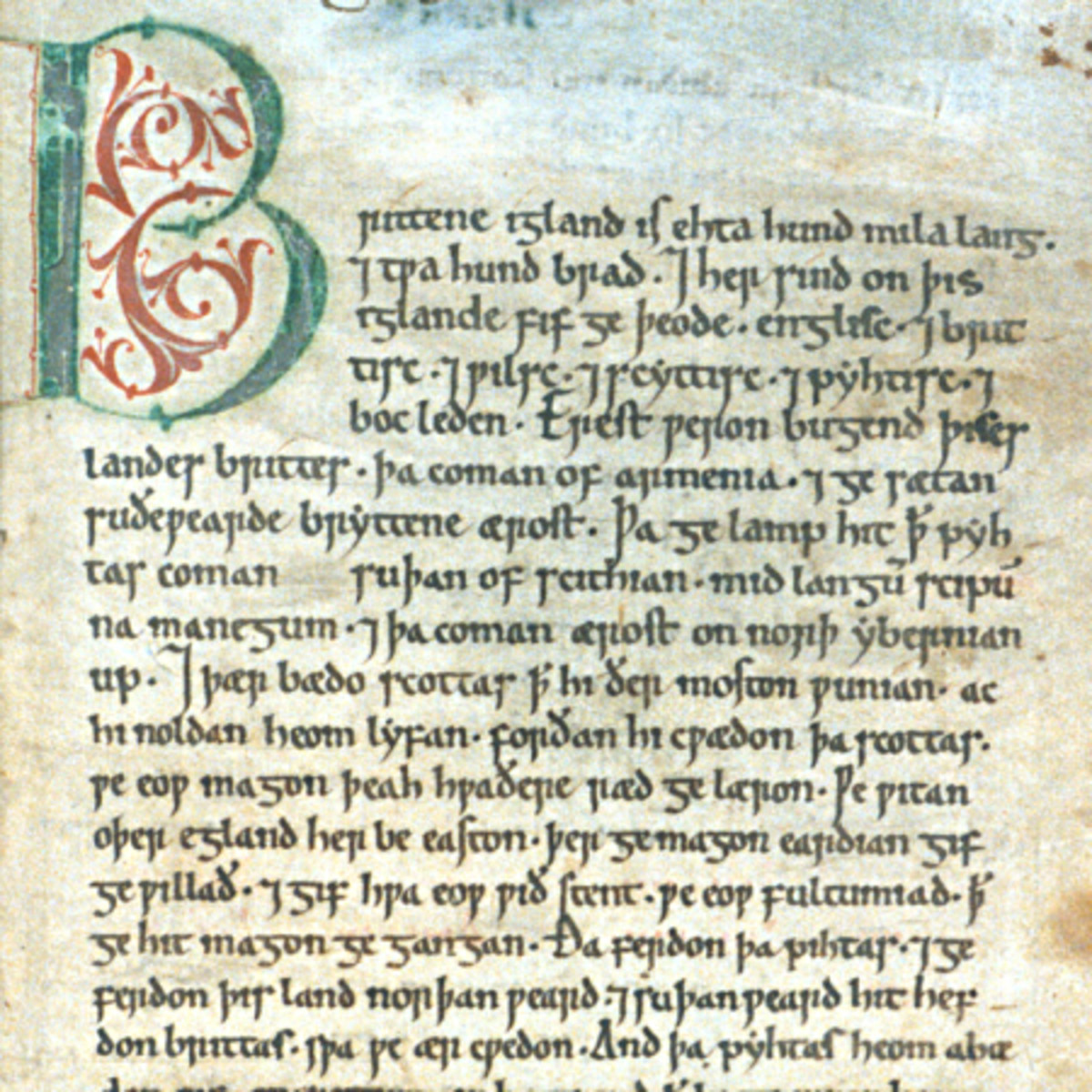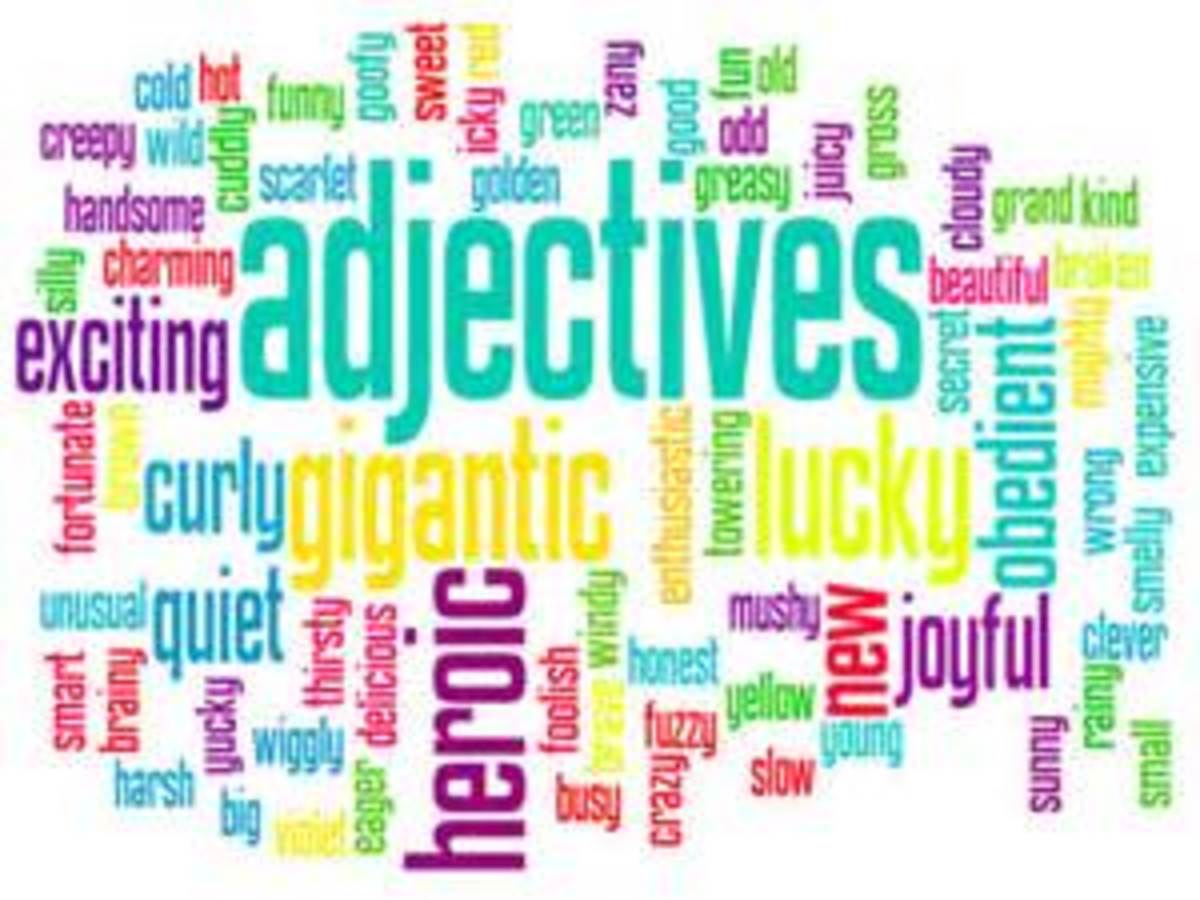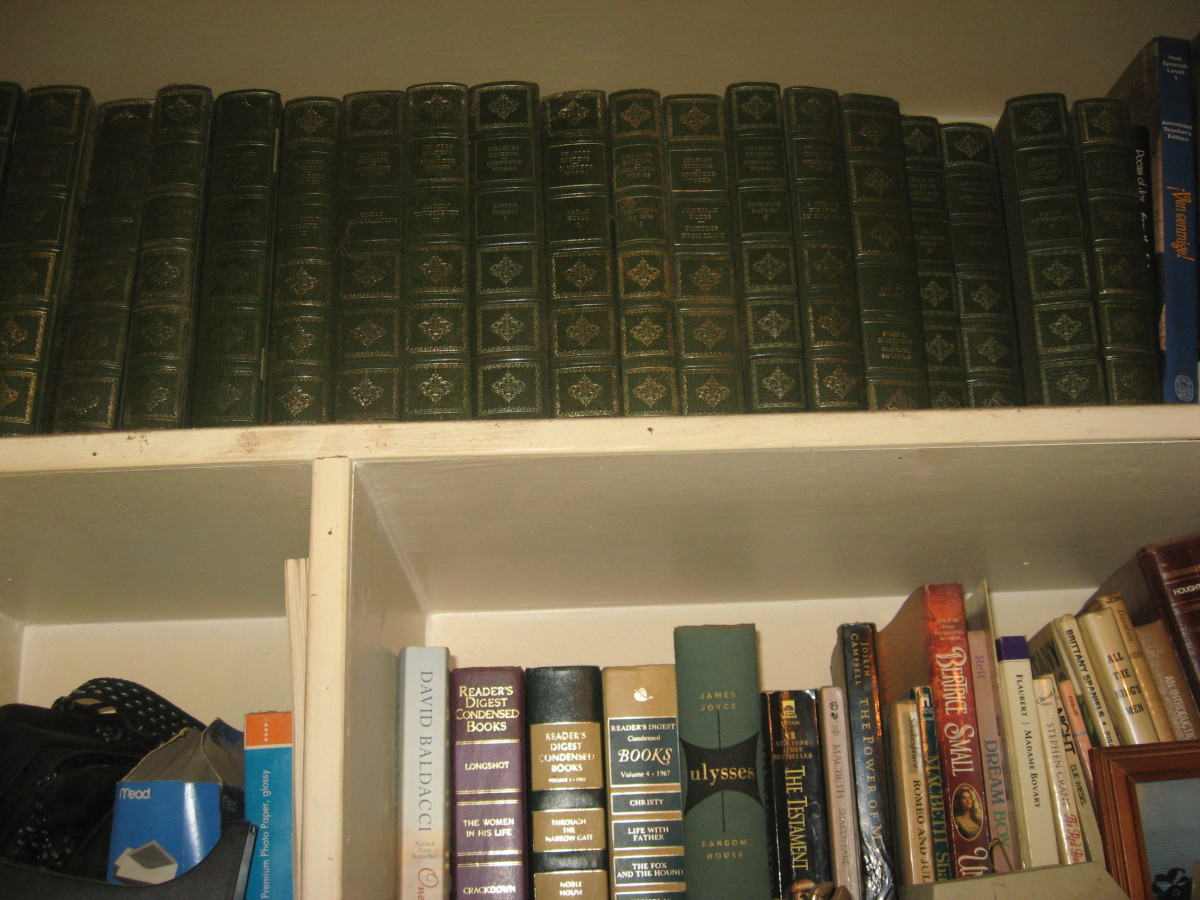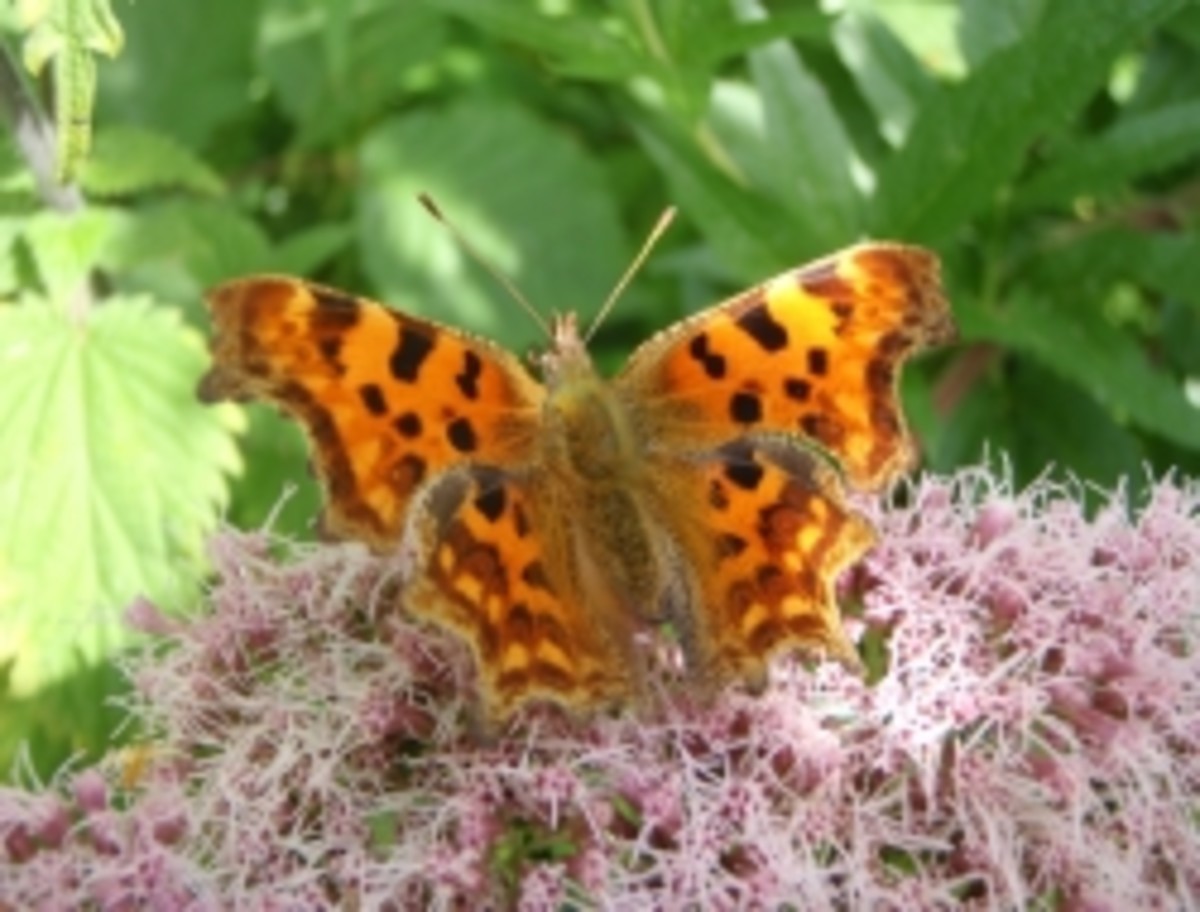English Language :: Original Words that are in English

English Language :: Echoes From Nature
The original way of making words is by imitating the sounds of nature. The Greeks named this onomatopoeia and simpler still as echoic .
Every sound of nature, technology and more specifically man has it's own word:
- screech, squeal, cluck, howl, hiss, buzz
- clatter, splash, crash, swish, squelch, crunch, thud, creak, rumble
- mutter, murmur, whisper, shriek, hubbub
- zoom, judder, bleep.
There are hundreds of these imitative words.
English Language :: Creature Names
Many creatures are named from their cries:
- cuckoo, peewit, crow (earlier the craw)
but most were named in millennia past and sound changes over the intervening times have obscured their origin. As with pictograms which started life as object representations they have been simplified. A few strokes then became the symbols for sounds. Thence the words that are available to us today must differ greatly from their earliest forms.
- The bear (Old English bera) resembles closely the 'B_r_r' that could represent its growl, especially when one considers that it is only recently that the English 'r' has ceased to be rolled.
- The wolf had a long -oo- sound (now shortened) which echoes the howl: w-o-o-lf.

English Language :: Elementals
How did man come up with words for elemental forces and concepts?
- Day and night
- Sun and moon
Thunder grew out of a natural sound. Early Britons named one of their gods Thunor (better known as Thor in Scandinavia). In Old English thunor was also a common noun and in due course acquired a 'd' which made the sound even more life-like.

The History of the English Language
English Language :: Facial Expressions
Some English words seem to have been created such that their speaking causes the expression they are defining to be formed:
- snarl, sneer, smirk, smile (formerly pronounced smeel).
The combination of 'sn' as a word beginning is strongly connected with the nose:
- sneeze, sniff, snigger. snivel, snore, snort, snout, snuffle

English Language :: Physical Actions
Another combination of beginning letters, 'wr', must have been expressive of some physical action. This is remote in its origins and perhaps lost to us now as the 'w' has long been silent. To sound the 'w' and roll the 'r' in its original form conveys a violent and angry attribute:
- wrestle, wrest, wreak, wrath, wreck, wretched, wretch
Many 'wr' words describe a twisting or turning motion:
- writhe, wreathe, wriggle, wrangle, wrench, wring, wrung, wrong, wry, wrist, writing, wrap, wrought (Old English wyrcan - past tense of to work).
It can be conjectured that the 'wr' sound emanated from a man undertaking extreme physical effort and that once within the parlance of the age was extended and manipulated to give a different sound and sense.
Another letter combination giving a sense of movement is 'fl':
- fly, flit, float, flutter, flow, flip, flap, flop and even more recently flip-flops.

English Language Origins :: Mongrel Nation
English Language :: A Question of Endings
Why are toddle and waddle so expressively correct for inaccurate walking?
Why is twaddle so obviously stupid and silly?
Why do words ending in -ump express solid action or item? An echo of the original thump perhaps?
Why are -ick and -ike so sharp?
It is not rational but a creative instinct for man to associate sounds with things and that when a sound is pleasing it is reiterated but with variation.

English Language :: Rhyming
The taste for rhyming end sounds in English post-dates the the habit of repeating initial sounds. Rhymes are almost unknown in Anglo-Saxon poetry. The chief cause of pleasure was in alliteration. Rhyming is post-Conquest. Those words linked by the same beginning have come to us from antiquity. In spite of this there is still a tendency to make new words this way.









